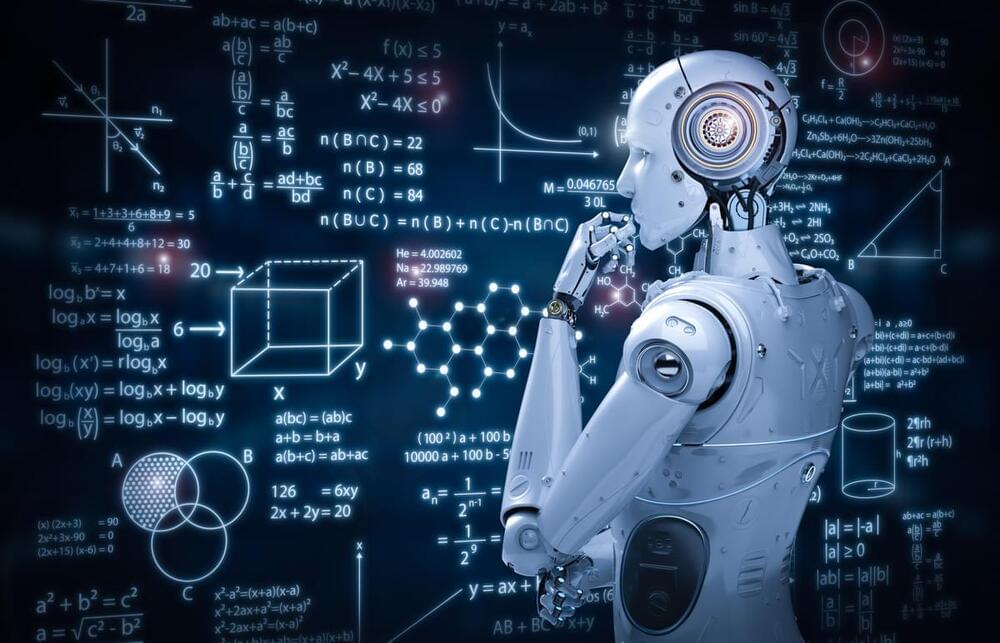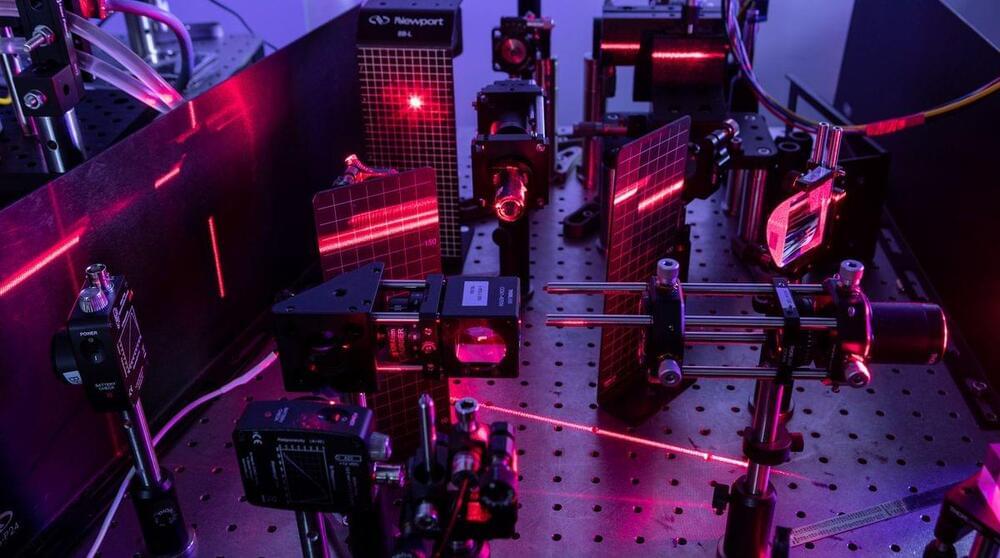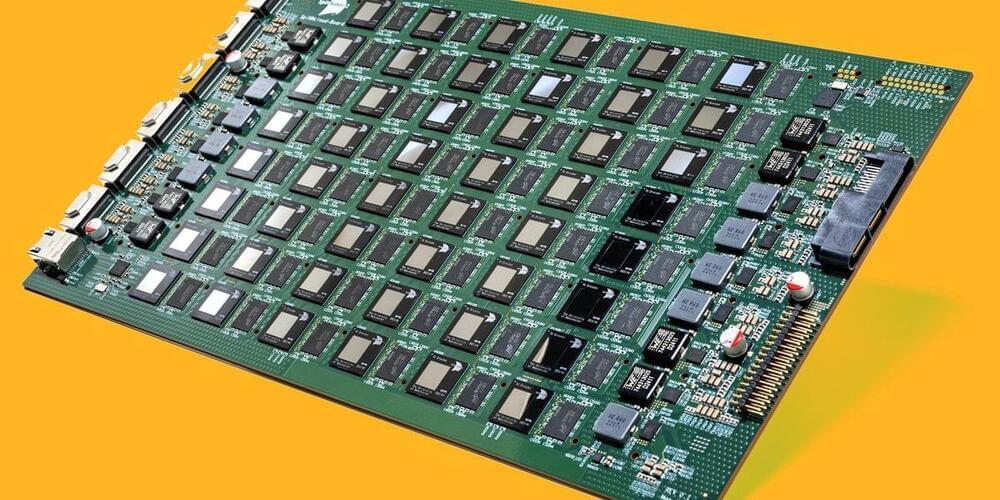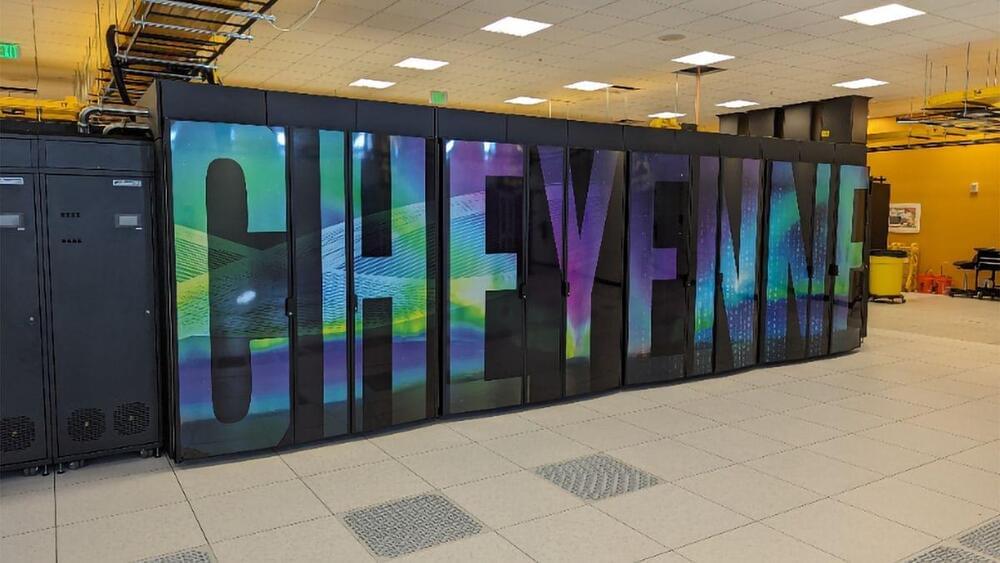Researchers use NASA supercomputer:
The new discovery not only enhances our understanding of the Sun’s dynamics but can also help in more precise prediction of solar storms.


The Sun’s magnetic field is an incredibly powerful mechanism that produces equally powerful solar storms, some of which resulted in the recent aurora activity observed as far south as the State of Florida. However, in the 400 years since Galileo Galilei first discovered the Sun’s magnetic field, scientists have been stumped regarding where inside the Sun the magnetic field originates. This is what a study published today in Nature hopes to address as a team of international researchers have discovered how deep inside the Sun the magnetic field originates, which holds the potential to help scientists better understand and predict solar storms.
“Understanding the origin of the sun’s magnetic field has been an open question since Galileo and is important for predicting future solar activity, like flares that could hit the Earth,” said Dr. Daniel Lecoanet, who is an Assistant Professor of Engineering Sciences and Applied Mathematics at Northwestern University and a co-author on the study. “This work proposes a new hypothesis for how the sun’s magnetic field is generated that better matches solar observations, and, we hope, could be used to make better predictions of solar activity.”
For the study, the researchers used a NASA supercomputer to conduct several calculations to ascertain if the source of the Sun’s magnetic field was close to the surface or much deeper, as previous hypotheses have stated the magnetic field’s source is more than 130,000 miles beneath the surface of the Sun. In the end, the researchers of this latest study estimated the source of the Sun’s magnetic field is approximately 20,000 miles beneath the surface. For context, the diameter of the Sun is just over 865,000 miles across, so these new findings indicate the magnetic field originates approximately 2 percent beneath the Sun’s surface, as opposed to 15 percent based on the previous hypotheses.

These businesses are building tech that could exceed the abilities of today’s AI.
The field of artificial intelligence is still in its early years, yet several businesses are already working on technology that can become the foundation for AI’s future. These companies are developing quantum computing systems capable of processing mountains of data in seconds, which would take decades for a conventional computer.
Quantum machines can execute multiple computations simultaneously, accelerating processing time, while typical computers must process data in a linear fashion. This means quantum systems can evolve AI beyond the abilities of the most powerful supercomputers, enabling AI to drive cars and help find cures to diseases.

Building a useful quantum computer in practice is incredibly challenging. Significant improvements are needed in the scale, fidelity, speed, reliability, and programmability of quantum computers to fully realize their benefits. Powerful tools are needed to help with the many complex physics and engineering challenges that stand in the way of useful quantum computing.
AI is fundamentally transforming the landscape of technology, reshaping industries, and altering how we interact with the digital world. The ability to take data and generate intelligence paves the way for groundbreaking solutions to some of the most challenging problems facing society today. From personalized medicine to autonomous vehicles, AI is at the forefront of a technological revolution that promises to redefine the future, including many challenging problems standing in the way of useful quantum computing.
Quantum computers will integrate with conventional supercomputers and accelerate key parts of challenging problems relevant to government, academia, and industry. This relationship is described in An Introduction to Quantum Accelerated Supercomputing. The advantages of integrating quantum computers with supercomputers are reciprocal, and this tight integration will also enable AI to help solve the most important challenges standing in the way of useful quantum computing.



Human Brain as Supercomputer
Brain-emulating computers hold the promise of vastly lower energy computation and better performance on certain tasks. “The human brain is the most advanced supercomputer in the universe, and it consumes only 20 watts to achieve things that artificial intelligence systems today only dream of,” says Hector Gonzalez, cofounder and co-CEO of SpiNNcloud Systems. “We’re basically trying to bridge the gap between brain inspiration and artificial systems.”
Aside from sheer size, a distinguishing feature of the SpiNNaker2 system is its flexibility. Traditionally, most neuromorphic computers emulate the brain’s spiking nature: Neurons fire off electrical spikes to communicate with the neurons around them. The actual mechanism of these spikes in the brain is quite complex, and neuromorphic hardware often implements a specific simplified model. The SpiNNaker2 can implement a broad range of such models however, as they are not hardwired into its architecture.
Ever wonder what happens when you fall into a black hole? Now, thanks to a new, immersive visualization produced on a NASA supercomputer, viewers can plunge into the event horizon, a black hole’s point of no return.
In this visualization of a flight toward a supermassive black hole, labels highlight many of the fascinating features produced by the effects of general relativity along the way. Produced on a NASA supercomputer, the simulation tracks a camera as it approaches, briefly orbits, and then crosses the event horizon — the point of no return — of a monster black hole much like the one at the center of our galaxy. (Video: NASA’s Goddard Space Flight Center/J. Schnittman and B. Powell)
“People often ask about this, and simulating these difficult-to-imagine processes helps me connect the mathematics of relativity to actual consequences in the real universe,” said Jeremy Schnittman, an astrophysicist at NASA’s Goddard Space Flight Center in Greenbelt, Maryland, who created the visualizations. “So I simulated two different scenarios, one where a camera — a stand-in for a daring astronaut — just misses the event horizon and slingshots back out, and one where it crosses the boundary, sealing its fate.”

